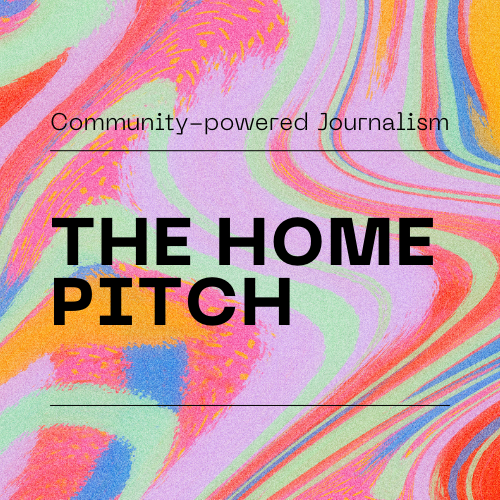On June 15, 2022, the Toronto Police Service (TPS) released a report that echoed what Black and Indigenous community groups have been saying for decades: that our police system is systemically racist.
The report showed that Black, Indigenous and other racialized people in Toronto are disproportionately affected by the use of force and strip searches by TPS officers.
That same day, Toronto’s Police chief James Ramer issued an “apology” to racialized communities that many advocates from the Black community are dismissing as unacceptable.
Beverly Bain is a Women and Gender Studies professor at the University of Toronto Mississauga and an organizer for the No Pride in Policing Coalition (NPPC) — an antiracist queer and trans group formed to support Black Lives Matter Toronto, focused on defunding and abolishing the police.
As a Black, queer feminist, antiracism and anti-capitalist scholar, Bain has organized in Toronto since the mid-1970s around issues of racist police violence, violence against women, and Black and queer liberation.
The Toronto Star released a video of a press conference held on June 15, capturing Bain’s response which addressed chief Ramer’s “apology” to racialized communities after new data the force collected showed that racialized communities were disproportionately overpoliced.
The Ontario Canada Project — an independent grassroots social enterprise with the goal of equipping Millennials and Gen Zs with the knowledge and resources needed to disrupt the status quo — released an edited transcript of the video here:
Desmond Cole, an activist, freelance journalist, and the author of the bestselling book The Skin We’re In: A Year of Black Resistance and Power also attended the press conference and has released a statement on behalf of the NPPC:
Black Lives Matter Canada does not accept the “apology” and has responded with a statement through their Instagram page saying:
“Black Lives Matter – Canada does not accept Toronto Police Services’ apology. Instead, we demand the redirection of funding from police departments towards measures that actually work to support and uplift communities.
We know that policing does not reduce violence or make communities safer. We know that the police uphold racist and colonial ideas that continue to hurt racialized and oppressed communities.
We know we deserve better. We know that we can do better.
From Black Lives Matter Canada’s Instagram post.
The Black Legal Action Centre (BLAC) and Canadian Civil Liberties Association have also reacted to the report in this comprehensive statement.
The data released today — like the data released by the Ontario Human Rights Commission in 2020 and 2018, or the data released by the Toronto Star in 2012, or the numerous studies released before that – again confirms what Black people have known for decades. The police target Black people for arrest, for detention, for strip searches, for assault.
The data released today raises a number of questions. What will governments do to make the victims of continued police misconduct whole? How will they remedy their continued trauma, degradation, and humiliation? How will they ensure that they have true access to justice?
The police continue to fail to fulfil their purported mandate. They continue to fail to serve and protect Black people. And yet, year after year, all levels of government continue to pour money into police services. They do this instead of funding Black communities. The solution is not to provide the police with more money for body scanners, or training. It is to de-task the police and to redirect funding into those services that will actually protect and serve and increase the public safety of Black people. The police have shown that they are not up to the task.
An excerpt from the executive director of BLAC, Moya Teklu’s statement.
According to Black and Indigenous community leaders, it’s important to practice unlearning and provide solidarity by educating yourself on what anti-racism and defunding the police actually mean.
“It is important to note that allyship must not be a politicization of Black lives and white saviorism. Allyship must, first and foremost, start with listening,” according to Black Lives Matter Canada.
“We want to know what just futures look like. How grassroots groups, coalitions and community members (both on and off social media) see us fighting for Black Liberation,” Black Lives Matter Canada said in their federal platform “We Know What We Need: A Platform for Black Resistance.”
Here are some of the local Black and Indigenous groups working to defund the police and reallocate funds to housing, mental health and education investments. Each of these organizations has resources available on how you can take tangible action to help create just futures for the people disproportionately affected by the police.
No Pride In Policing Coalition (NPPC)
Black Legal Action Centre (BLAC)
The NPPC will also be holding an accessible Abolitionist Pride March on June 26 at 11 am at Nathan Phillips to “reclaim radical histories and create liveable futures without police and prisons” to sites in Toronto where queer/trans oppression and resistance occurred.
Lead Image: Black Lives Matter protesters on June 6, 2020 at Dundas Square in downtown Toronto, Ontario, following the deaths of Regis Korchinski-Paquet and George Floyd. Photo by Beth Baisch from Dreamstime.com.


